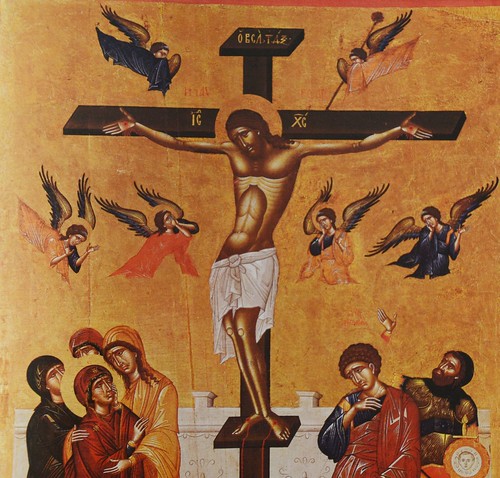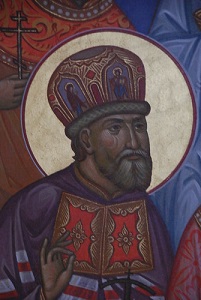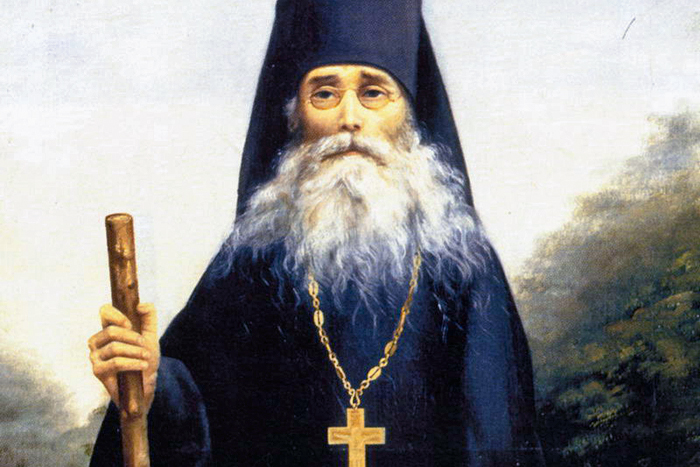

Nicholas Kotar in his book, The Song of the Sirin (Raven Son Book 1), has one of his characters ask a thought provoking question – a thought experiment about human creativity. We are capable of creativity and of making things beautiful, but we come into a world not of our making, and so we interact with that world. Humans have a synergy with creation and with God.
“Tell me, Voran. What is the most beautiful thing a man can mold and form, though it is not of his own creation?”
Voran had already contemplated this question for a long time, and thoughtfully gives a reply which immediately suggests to him a follow up question.
How many times had he pondered the same question while sitting half-frozen on the banks of their river of a morning?
“His own life,” he said.
The most beautiful thing that we can form which we did not create is our self! This is why Christianity is not mostly about learning information, but it is about formation. We are each in the process of forming our soul, our self. We cooperate with God in creating our self – true synergy.
“His own life,” he said. “To make his own life beautiful, what must he do?”
It came to him like floodwaters, overwhelming.
The answer to this question is one which Orthodox Christianity has embraced, contemplated and attempted to live in its spirituality. God has imbued us with the gifts necessary for and capable of making things beautiful. It is truly a good that we can add to creation.

To love as God loves is to love to the point that one suffers with the other, for the other and even because of the other.
“A human being can only become truly human if he lives for others. That way, the way of love, is by necessity the way of pain. Shared pain. Co-suffering.” (page 82).
The way for us to become truly human – to make ourselves good and beautiful is the way of love, the self emptying love which God revealed in the incarnation. For God to become human, God emptied himself. For us to become fully human is to become as God is, which means we too must empty ourselves.
“The kind of co-suffering we are talking about is … precisely in the ability to understand man, fathom the good qualities he possesses, and to appreciate him, freeing him from the admixture of falsehood. What is required for this– in addition to humble love– are a power and broadness of mind. Thus, co-suffering is the ability to come to an inner self-identification with a person, a joyous blending with all that is good in him, and sorrow about all that is negative. This is precisely where a ‘fisher of men’ is revealed. Such people somehow manage to penetrate a person completely, to appropriate all his thoughts, to become linked to his very heart and soul, to raise his whole being to truth and love. All this requires spiritual knowledge, sincere love and the ability to know the innermost thoughts of a person without reacting in a negative manner.

The prerequisite of this influence of one will upon another may be stated thus: By humbling oneself, loving and learning about people, a human being ascends or returns to a primordial mysterious union with everyone and, in pouring the holy content (acquired through communion with God) of his soul into the soul of his neighbor, he transfigures the inner nature of the latter in such a way that merely by the consent of his will, the difficult path of his rebirth is almost accomplished.” (Anthony Khrapovitsky, DOSTOYEVESKY’S CONCEPT OF REBIRTH, pp 37-38)



